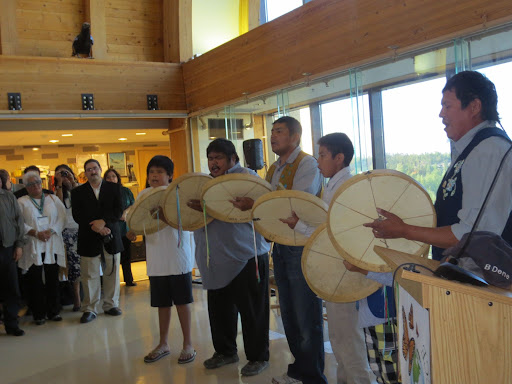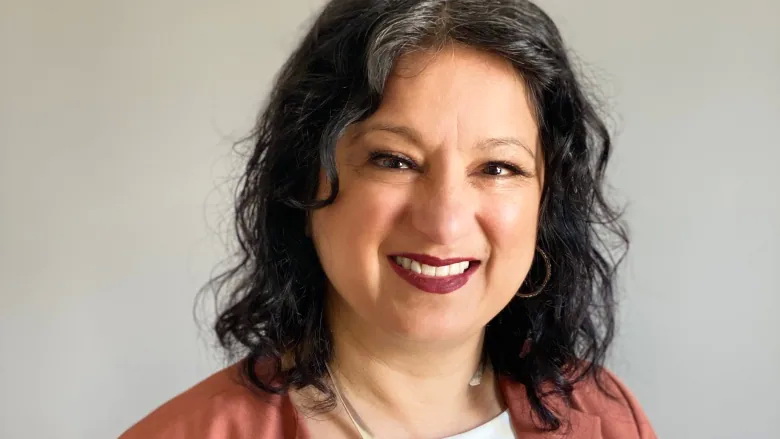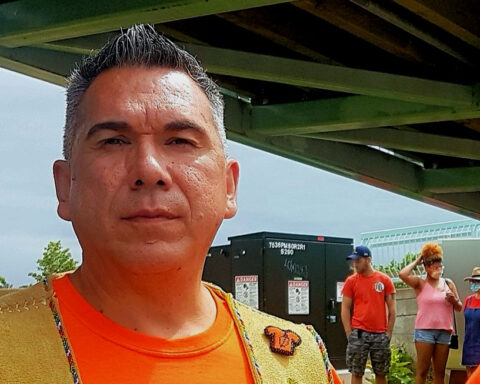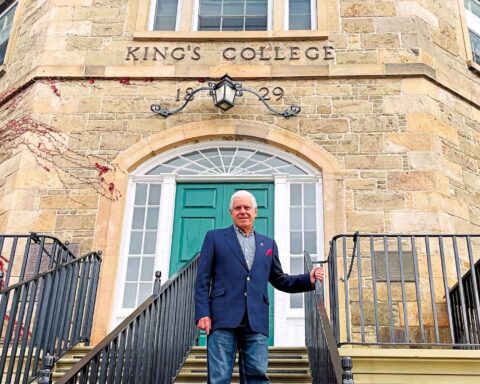To tackle the rise of hate-related incidents of racism in New Brunswick as more visible minorities settle there, the recently appointed independent commissioner on systemic racism will use her experience as an immigrant to engage with different diasporas on the subject.
New Brunswick is registering a growth in visible minorities with the settlement of new immigrants from the Middle East, Korea, and Syria, among others. In recent years, systemic racism has been anchored in the Maritime province, something Manju Varma says is caused due to an “imbalance of power” among different ethnic groups.
“Normally, that imbalance of power is historic and has traumatized multigenerational members of one group,” she told New Canadian Media.
During COVID, anti-Asian hate in particular has risen in the province of almost 784,000 people. Last year, two Indigenous people were shot and killed by police. There is also over-representation of certain groups in prisons, whereas there is only one Black lawyer and few Indigenous lawyers in the province, according to the new commissioner.
Towards equity
She believes that addressing systemic racism goes beyond the idea of being neutral or even equal. She criticized the binary idea of being racist versus neutral because “every policy, interaction or rule is either racist or antiracist. There is no neutral gap,” she said.
“If an organization doesn’t create an antiracist policy, it is by default supporting racist policies.”
She pointed to the current premium employers put on so-called Canadian experience as an example of systemic racism found in hiring practices.
“That is a racist idea because it means that the experience outside Canada is not as valuable as Canadian experience,” she said. “It is comfortable to be neutral, treat everyone the same, but that implies a racist approach because we are not all the same. We have different backgrounds and experiences.”
She emphasized that systemic racism promotes an equality approach, while antiracist policy promotes an equity point of view. “That means to give everybody not the same treatment but the same opportunity,” she explained. What she calls the “colour-blind approach” treats everybody the same, in effect ignoring a person’s history and the barriers that the person has faced.
Recognizing differences among communities and providing equity support and opportunities is the antiracist approach, she added. In the case of hiring, it can be applied simply by recognizing and valuing immigrant experience gained abroad.
“We need to move toward thinking with equity rather than equality,” Varma said.
Racism affect groups differently

After 30 years of experience in the field, Varma said each visible minority group is affected differently by systemic racism. For the Indigenous community, the trauma is multigenerational; for immigrant communities, challenges include learning the official languages, finding a job and dealing with stereotypes.
“It is not that one group has been worse than another, but their conditions are different,” the commissioner explained.
Having a Canadian identity also affects people who fall outside of what it means to be “Canadian.”
“One of the most terrific political examples of that is the residential schools where children were sent to those schools to be Canadian, not to be Indigenous,” she said.
One of Varma’s first meetings was set to be with Indigenous leaders. She also has received requests from South Asian, Muslim, and Acadian organizations.
The commissioner will produce a final report by the end of Sept. 2022, with recommendations for the government on the development of a provincial strategy and an action plan to address sector concerns such as barriers to opportunity, equitable access to programs and services, and systemic racism in health care, education, social development, housing, employment, and criminal justice.
Varma was appointed on Sept. 24 as the new commissioner and started her new responsibilities on Oct. 4th. She has a doctorate in antiracist education from the University of Toronto and was an assistant professor from 2000 to 2008 at the University of New Brunswick’s faculty of education. She also has training in conflict mediation from Harvard Law School, in negotiation from Dalhousie University, and in change management.
Born in London, England to Indian parents, Varma arrived in Canada when she was two years old. She has worked with First Nations and racialized communities, refugees, Indigenous women, youth, and various levels of government.
Isabel Inclan has worked as a journalist for more than 20 years, in both Mexico and Canada. She began working as a foreign correspondent in Canada in 1999 for Mexican media. She has been a New Canadian Media contributor since 2018. Her main areas of interest are politics, migration, women, community, and cultural issues. In 2015, Isabel was honoured as one of the “10 most influential Hispanic Canadians.” She is a graduate of Masters in Communication and Culture at TMU-York University. She is a member of CAJ and a member of the BEMC´s Advisory Committee.






[…] of racialized individuals in prisons, last October, the government of New Brunswick appointed Manju Varma as its first independent anti-racism […]
[…] of racialized individuals in prisons, last October, the government of New Brunswick appointed Manju Varma as its first independent anti-racism […]
[…] of racialized individuals in prisons, last October, the government of New Brunswick appointed Manju Varma as its first independent anti-racism […]